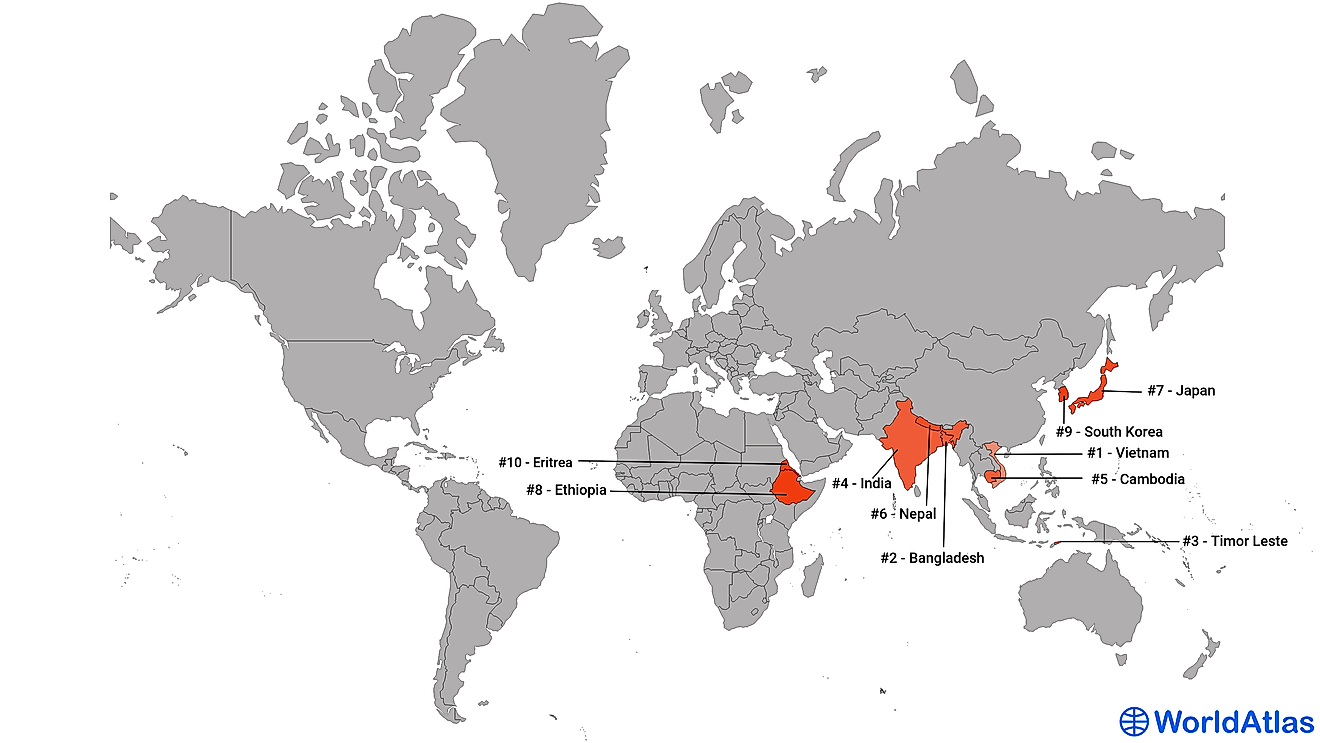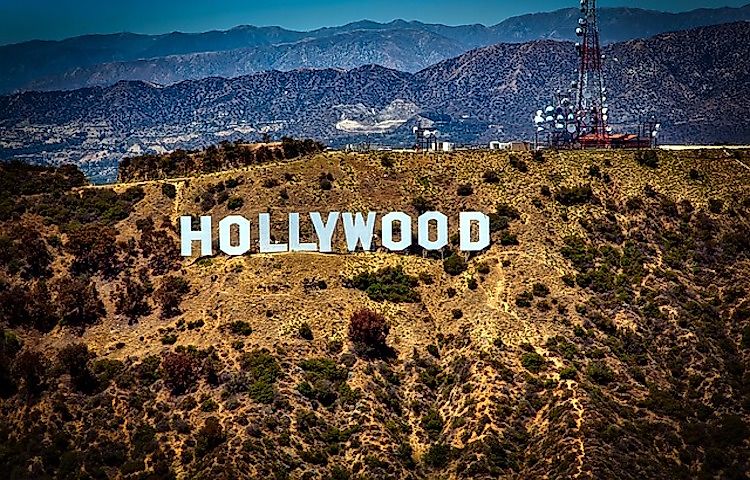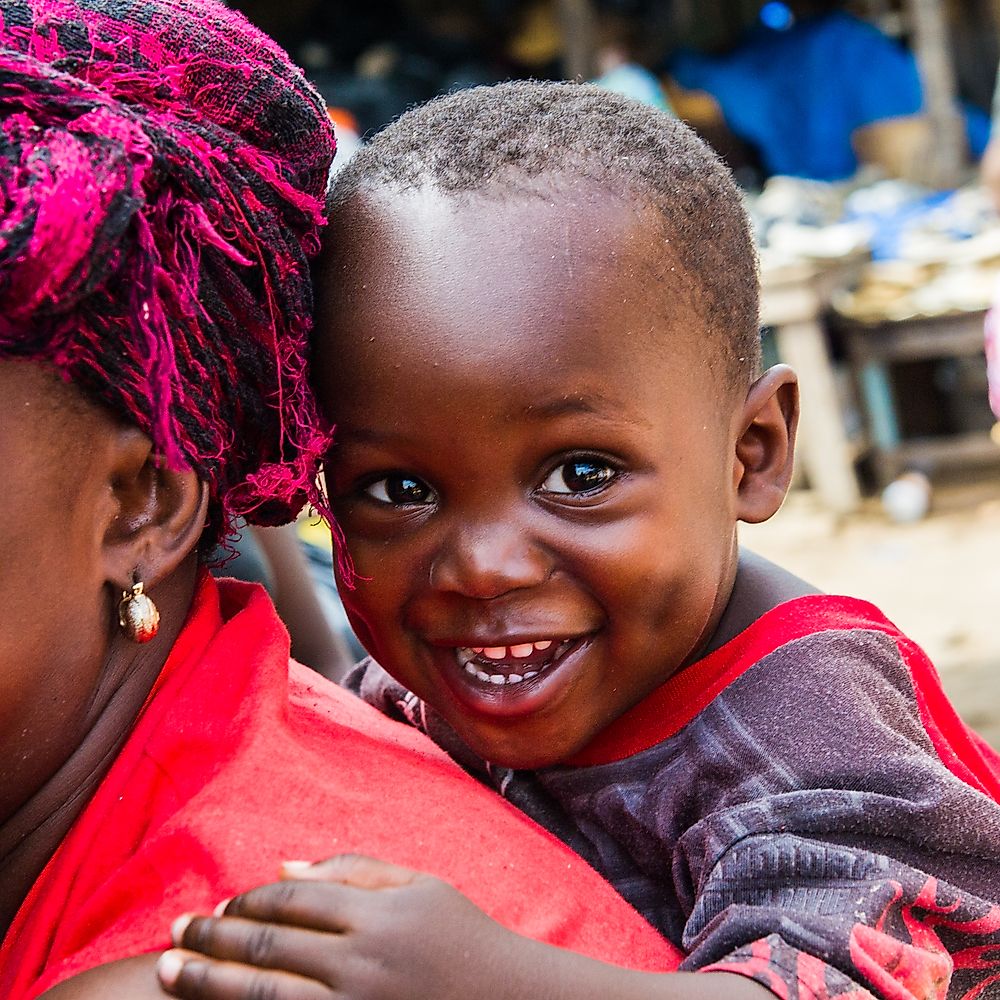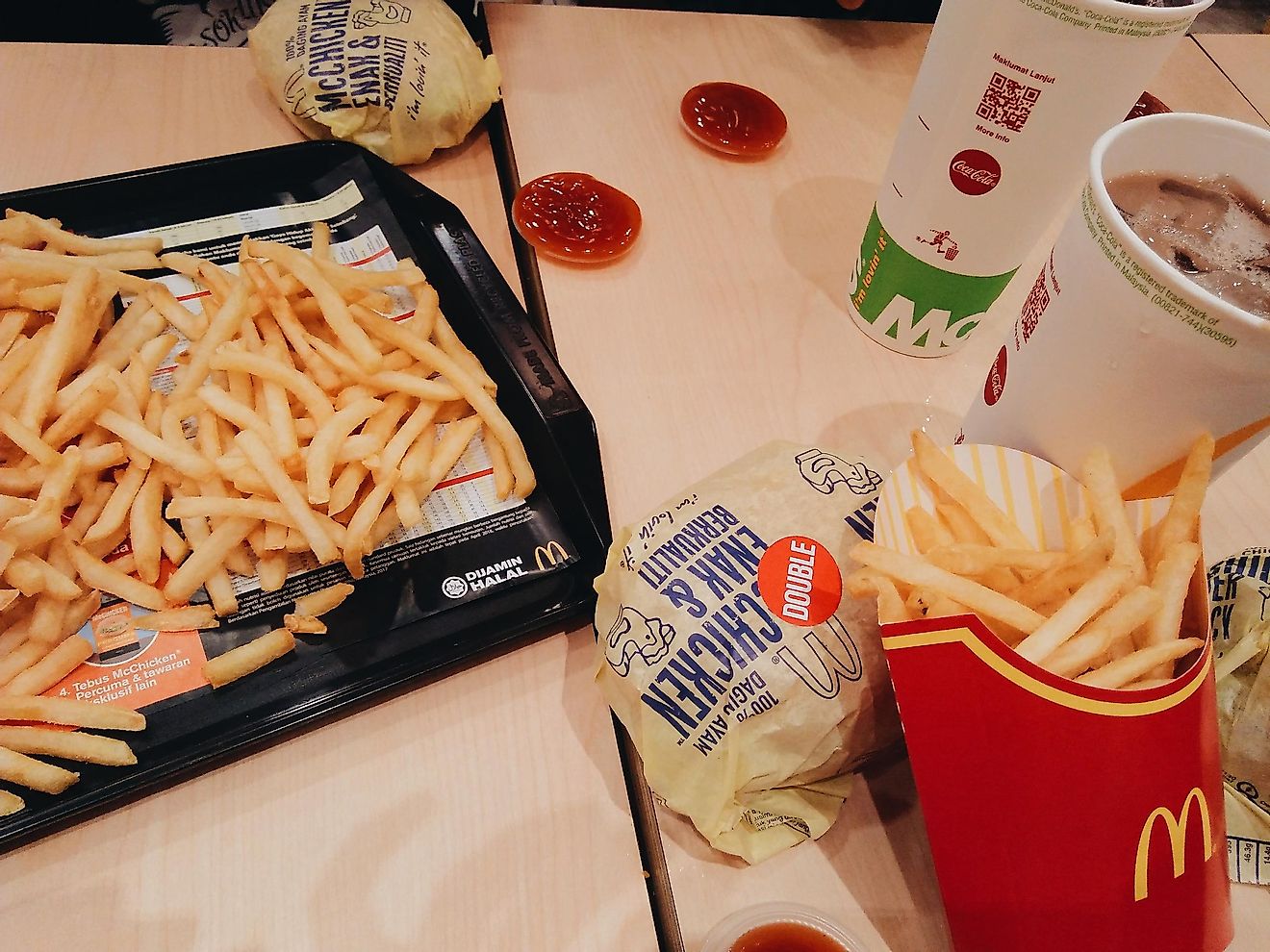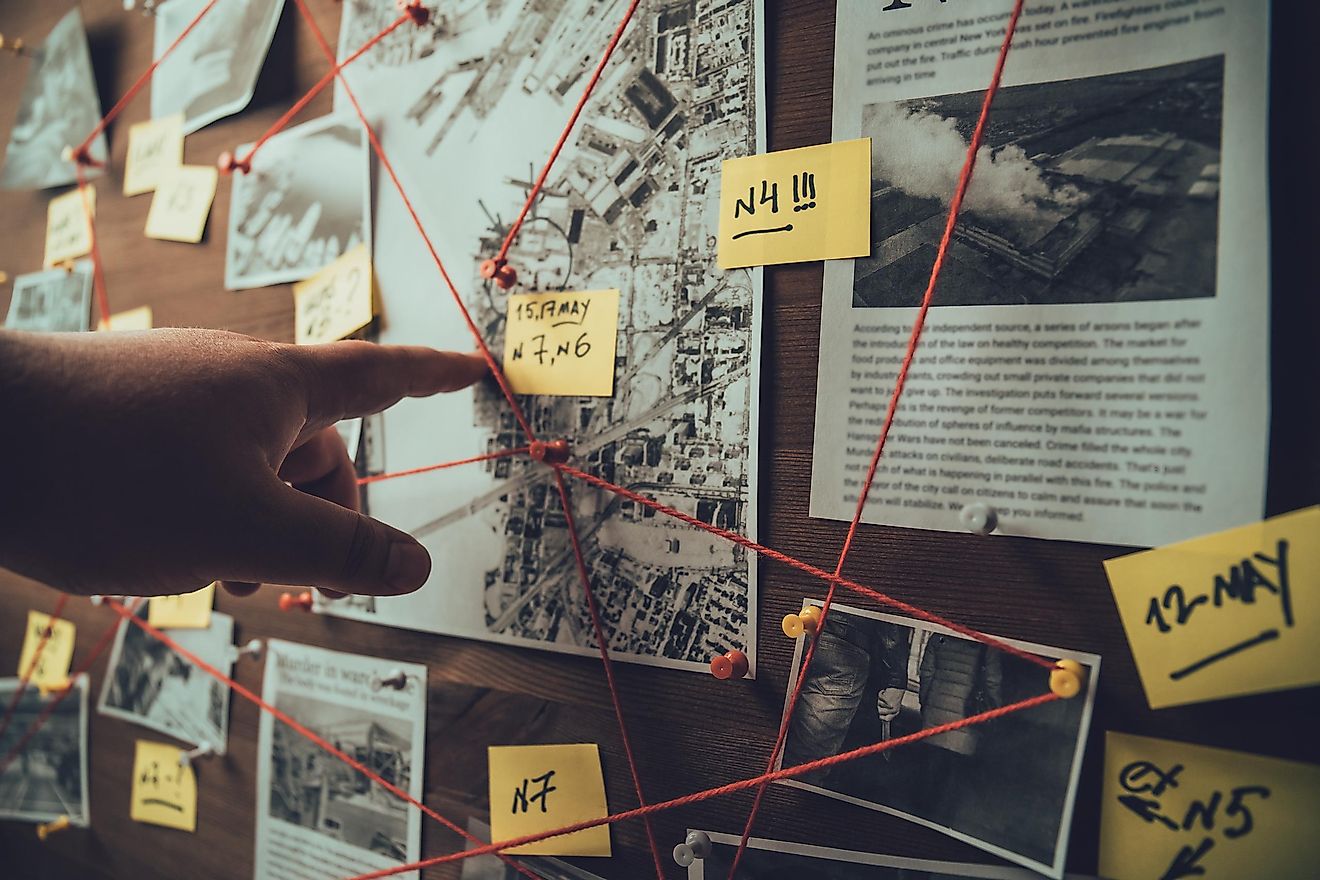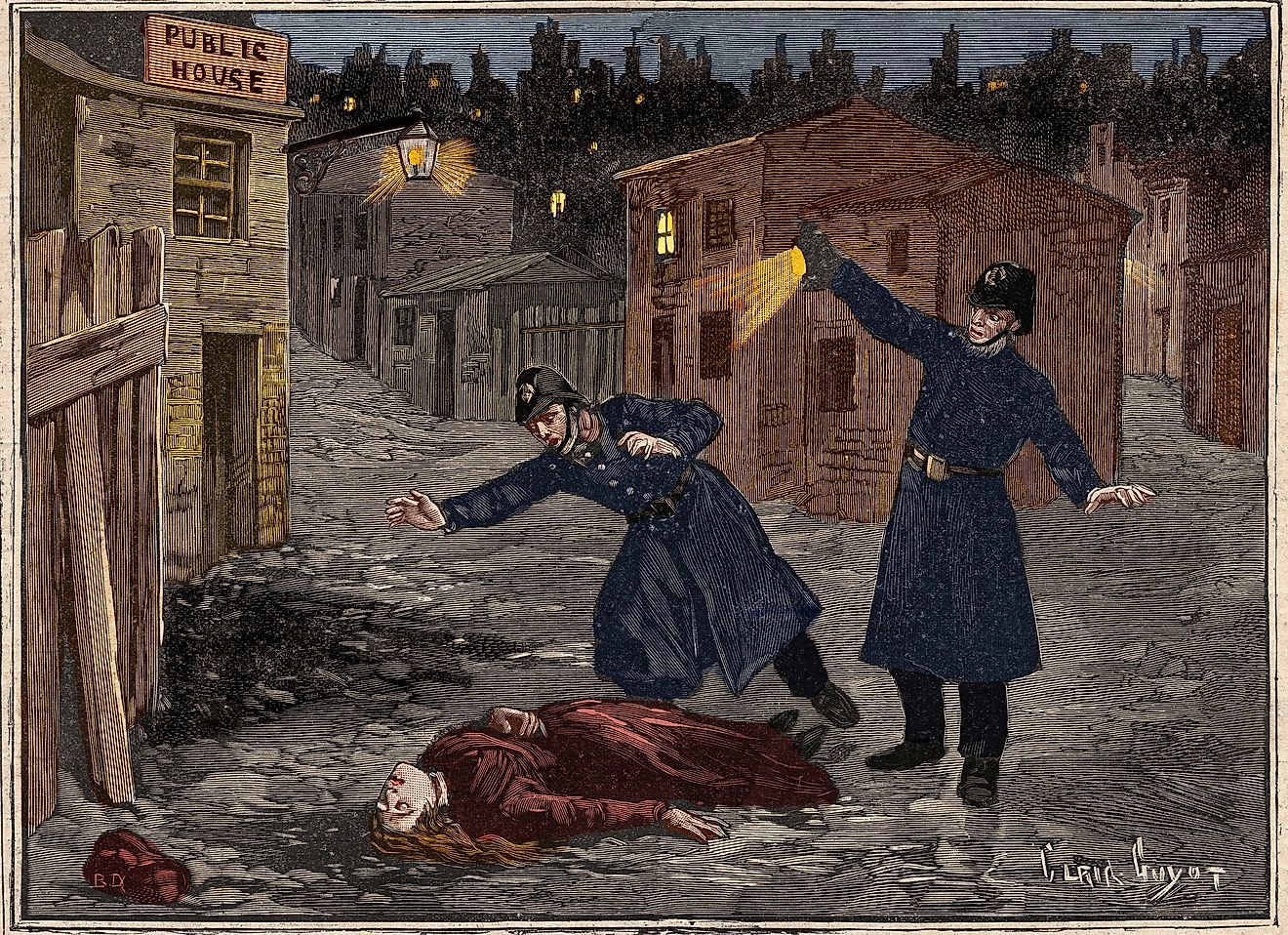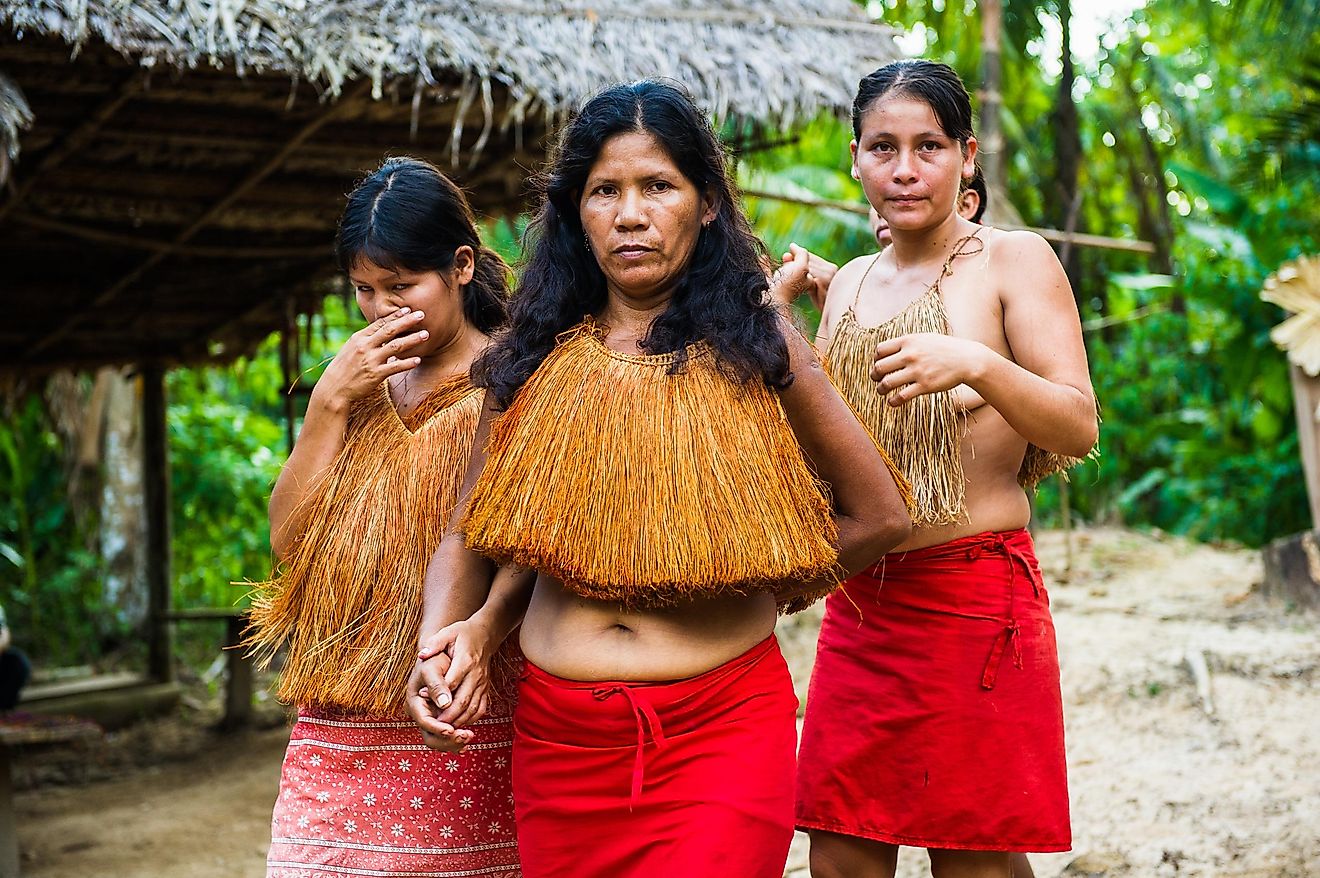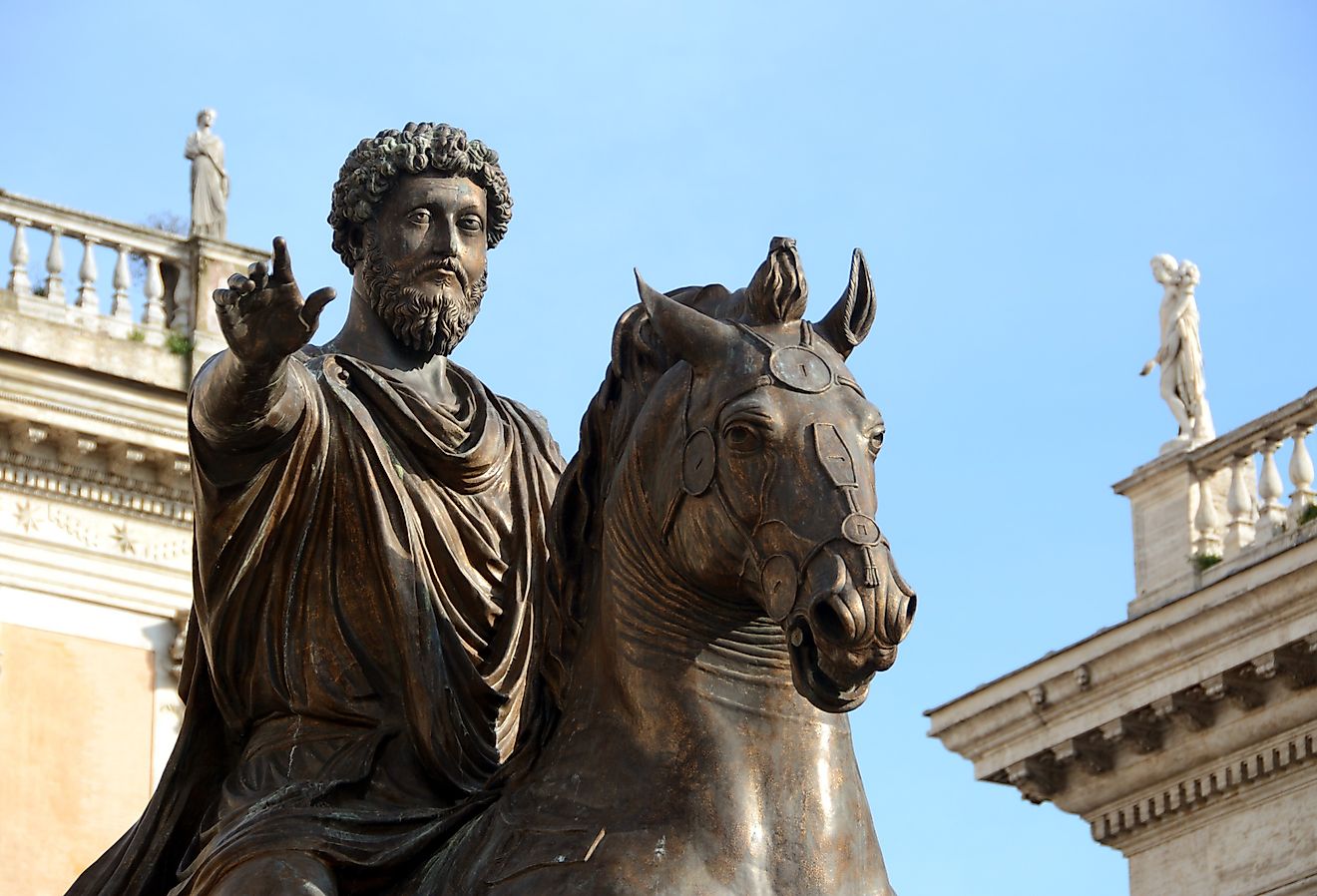Countries That Have Decriminalized Drugs
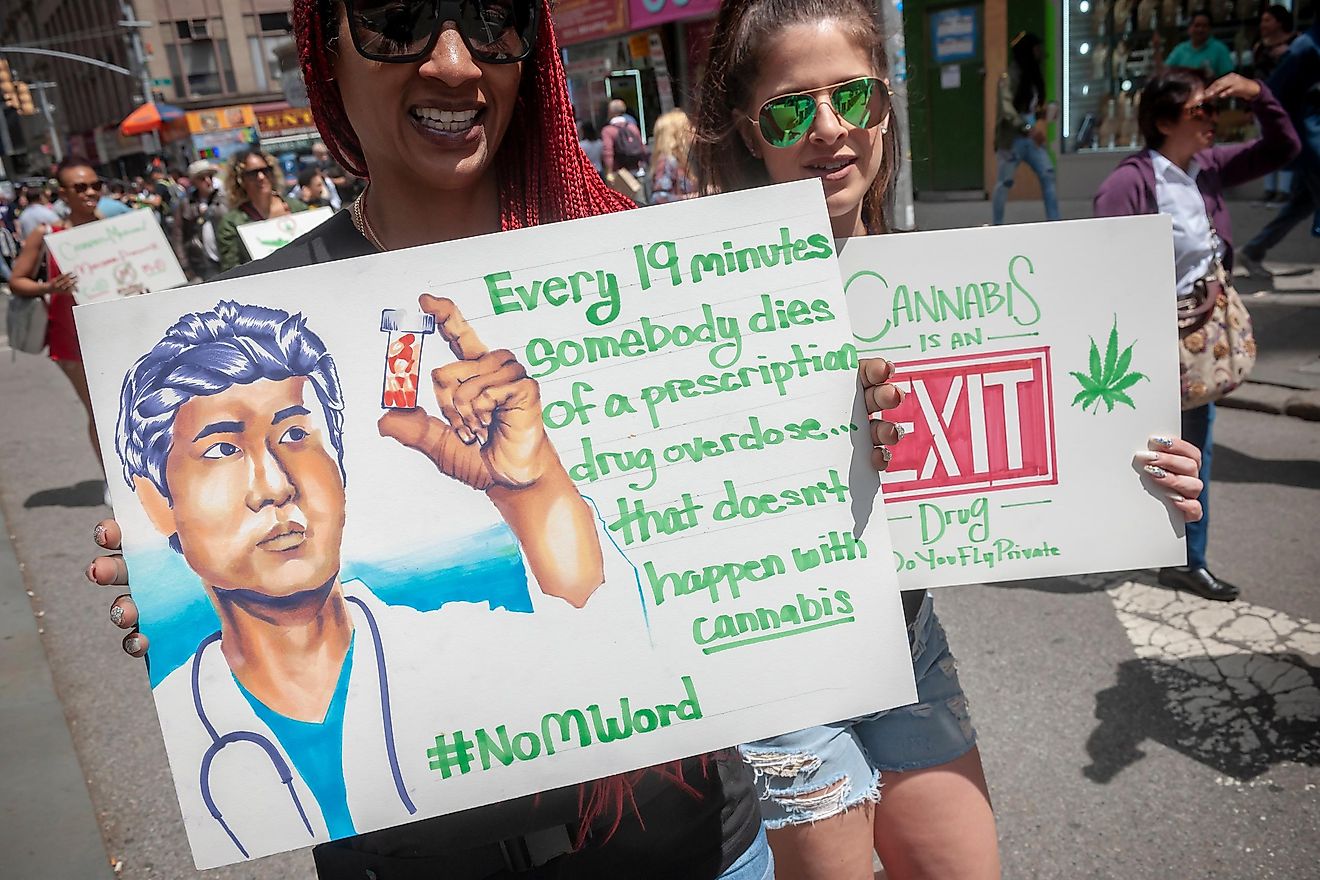
- Over 25 countries around the world have decriminalized drugs to some degree, including Portugal, the Netherlands, the Czech Republic, and Germany.
- In the US, marijuana use is decriminalized in some states, but it is still illegal at the federal level, making it difficult for marijuana-related businesses to set up shop.
- Countries that have decriminalized drugs have seen disease rates drop as well as deaths from overdose.
The legalization of drugs: the topic is full of controversies and never-ending arguments. On the one hand, those against legalizing dangerous street drugs say it could potentially result in more people accessing them and developing drug dependencies, as well as overdosing, which could obviously grow into a heavy problem for governments and communities to have to deal with. On the other hand, the illegal drug trade now results in so much violence and problematic behavior around the world, and its criminalization actively prevents users from accessing the health support they need to quit, causing preventable deaths to the point where this risk may outweigh the negative possibilities.
Drugs like cocaine, marijuana, and heroin have been decriminalized in numerous countries. To date, these include somewhere between 25 and 30 countries.
By taking a closer look at the results found in these places we can learn what does not work, and what does, in the quest for a safer, healthier world. Here is what has happened in a handful of places around the globe where drugs have been decriminalized.
4. Czech Republic
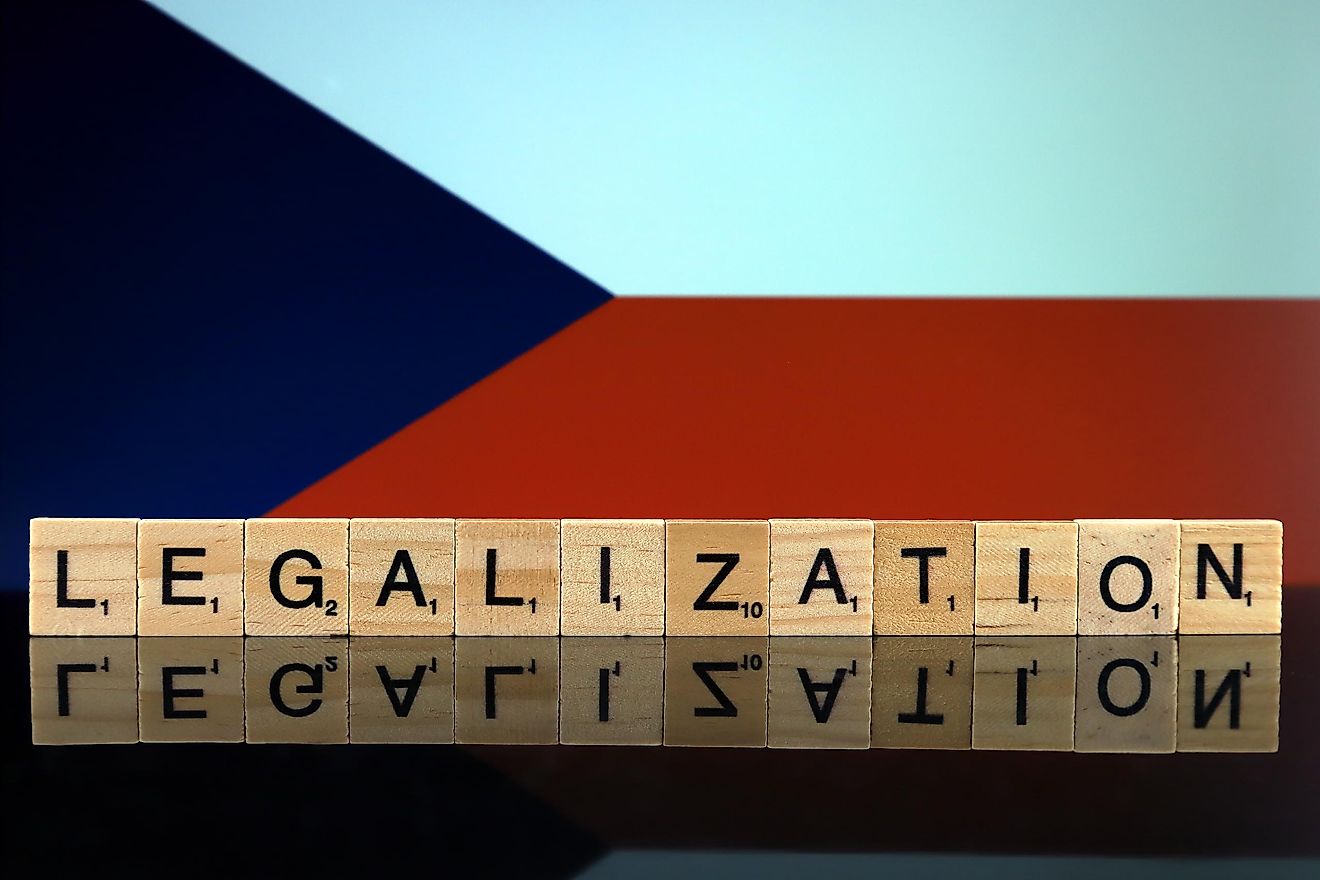
Decriminalizing drug use has come with some benefits. According to UNAIDS, the United Nations Programme on HIV and AIDS, in countries that have decriminalized drugs and also put in harm reduction measures, the rate of HIV among people who use drugs has dropped drastically. The Czech Republic, the Netherlands, Portugal, and Switzerland are among the countries that have experienced this.
People in the Czech Republic are the only group in Eastern Europe to now have reduced punishments in connection with drug use. When the Communist regime collapsed, it was no longer a criminal offense to possess drugs, but there were and are some rules surrounding them. It is still illegal to produce and sell drugs in the Czech Republic. And you cannot possess large amounts of drugs. People who are caught with small amounts of drugs for personal use are charged with a misdemeanor and a fine of up to 15,000 Czech koruna which is about US$612.
One major issue in the Czech Republic has been trying to establish in courts what constitutes a small amount of drugs and what is too much.
3. Argentina
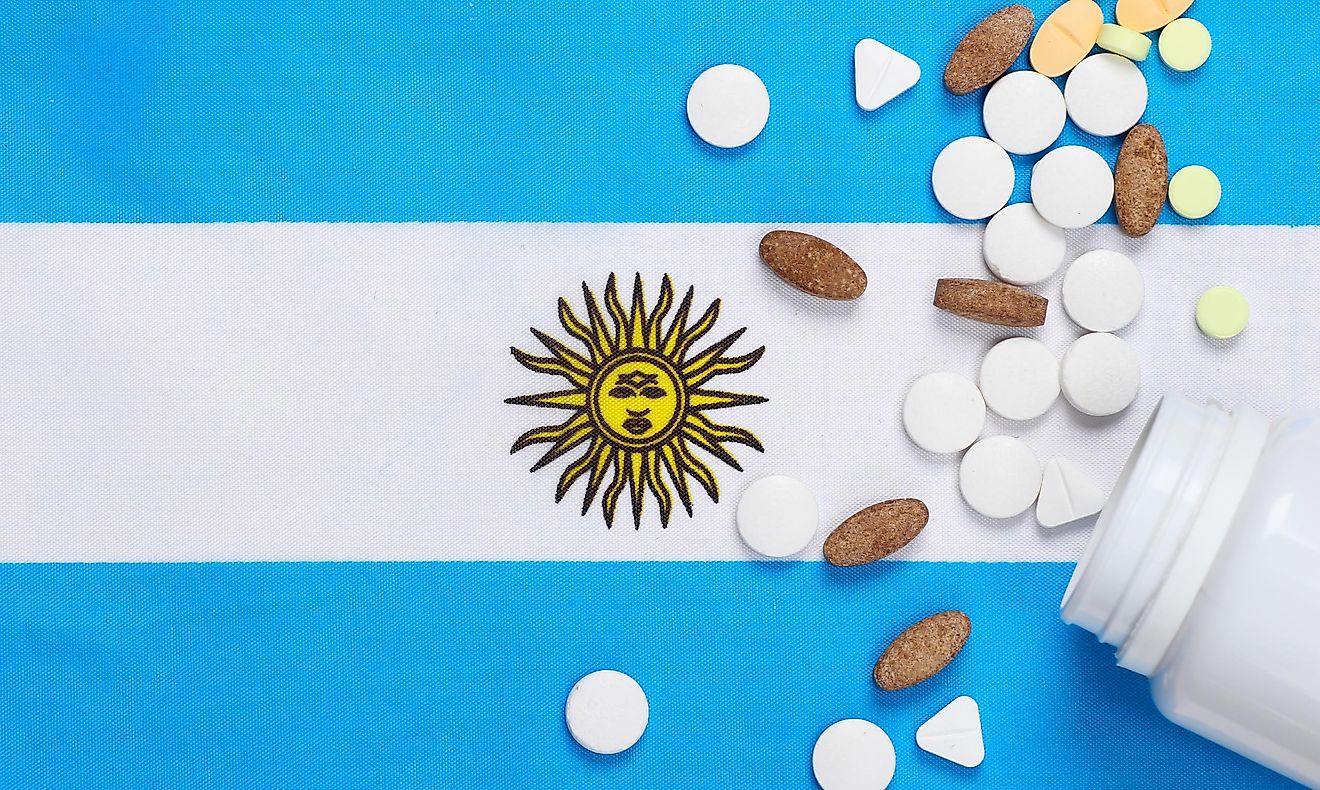
Back in 2009, Argentina decriminalized the personal use of marijuana. People can now use marijuana in private in this country without facing criminal charges, as long as it does not constitute a clear danger, the courts ruled.
Argentina is also discussing decriminalizing other drugs for personal use, but has yet to do so. People with drug violations are currently the second largest group in prison and they have increased at a higher rate in numbers in recent years.
Officials from the Latin American Institute of Security and Democracy (Instituto Latinoamericano de Seguridad y Democracia – ILSED) have said that decriminalizing the use of drugs is a key move for countries in Latin America, as it frees up government resources to better focus on getting the larger criminals—the traffickers and others operating in organized crime—in prison.
2. Germany
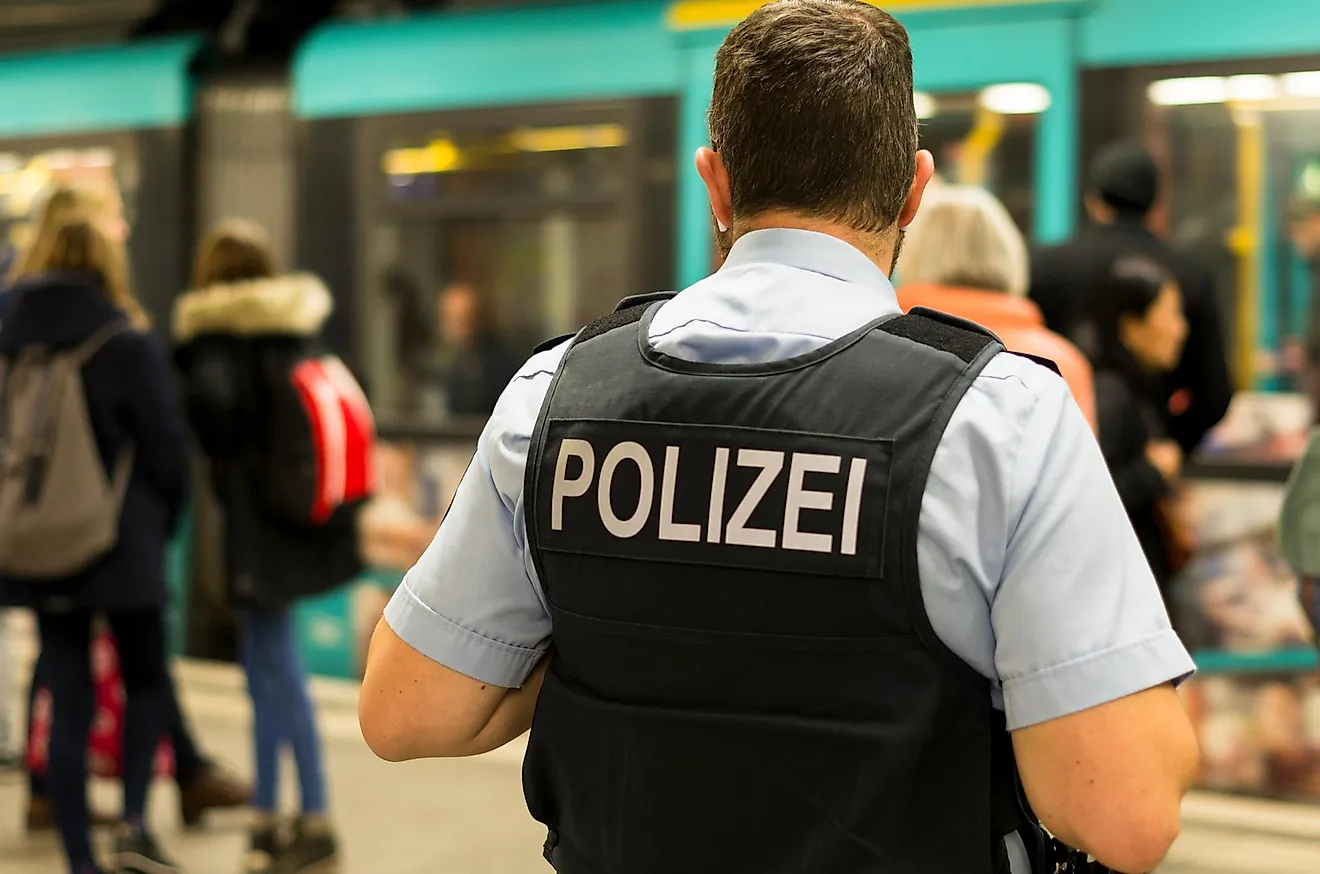
Drugs have been decriminalized in Germany since the 1990s. As in the Czech Republic, you can possess drugs for personal use in Germany without going to jail. People who want to deal in narcotics in this country can do so legally but only with a license issued from the Federal Institute for Drugs and Medical Devices. Those who deal drugs illegally will be punished as a criminal.
In order to help oversee drug users and to make the activity safer for addicts, Germany has set up drug consumption rooms. Addicts bring their own drugs, and are given access to tools like clean needles that allow them to use drugs in a hygienic environment. This reduces their chances of becoming infected and infecting others with diseases.
1. Portugal
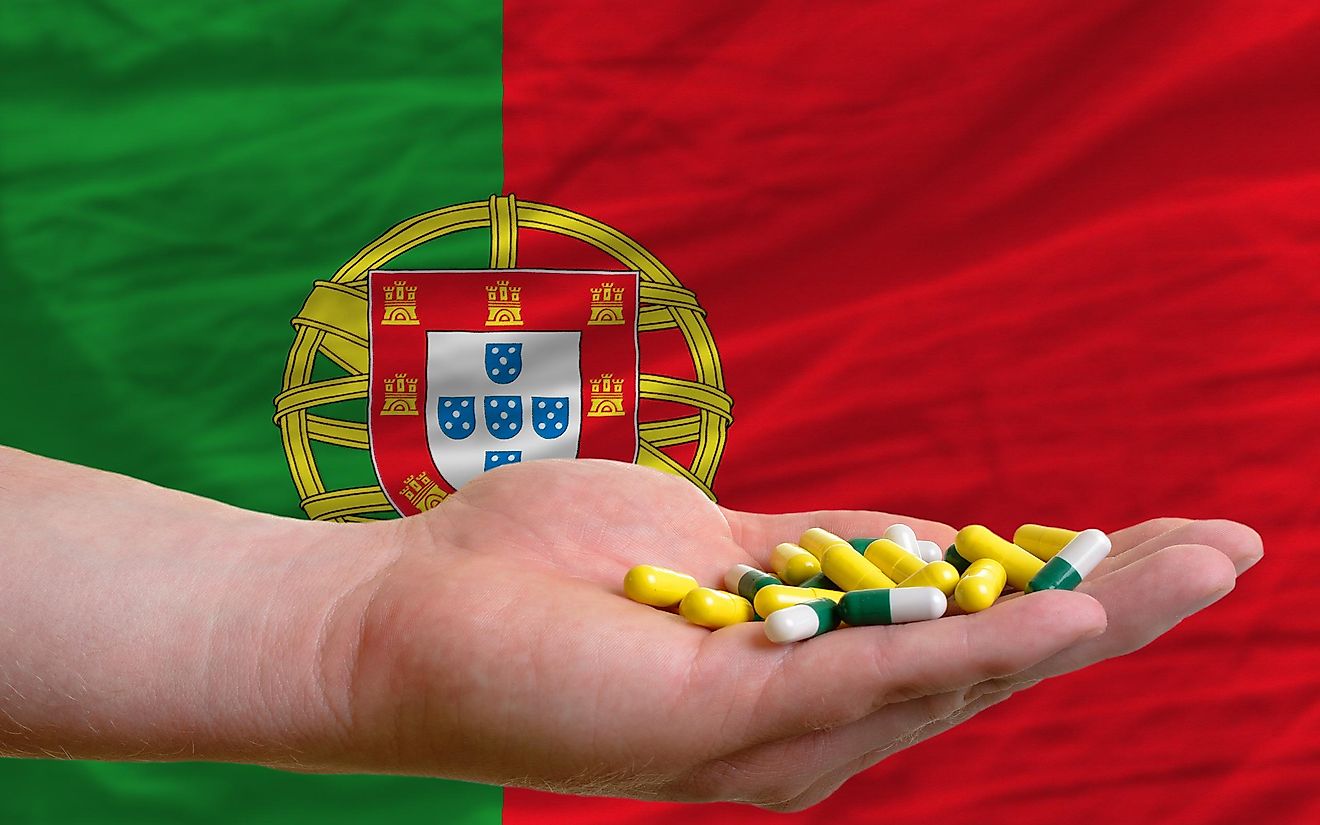
In the 1980s and 1990s, people in Portugal faced a high rate of drug use. The country grew to be in crisis, with one in ten people using heroin at the height of the problem. Desperate to change the situation, illicit substances were decriminalized in Portugal in 2001. This made the country the first in the world to do so, across the board. People caught possessing drugs were warned and given a small fine or told they needed to appear in front of a local commission. This would place the user in contact with people like doctors, lawyers and social workers who would assist them in seeking drug treatment and harm reduction services.
The result? People in Portugal have since seen a huge drop in problematic drug use, and infections related to it like HIV, and hepatitis are going down. There are also fewer people dying from overdoses, and being incarcerated for drug use and associated crimes. Decriminalization in Portugal is working.
Countries That Have Decriminalized Drugs
| Country | Decriminalized activities | Sanctions |
|---|---|---|
| Antigua and Barbuda | Cannabis possession inferior to 15g | Potential confiscation without penalty, fines and criminal charges for over 15g |
| Argentina | Possession of any drug, cultivation of cannabis | Confiscation of drugs, fine, referral to an educational course |
| Armenia | Possession or social supplay of any drug | Confiscation of drugs, fine or voluntary treatment |
| Belize | Cannabis possession inferior to 10g | No sanction for adults, minors are required to participate in counselling programs |
| Bolivia | Possession of coca (leaf), social supply of any drug | No sanctions for possession under the legal threshold |
| Chile | Possession of any drug, cultivation of cannabis | No sanctions for private, personal use, fines for public consumption, supplying |
| Colombia | Possession of any drug, cultivation of cannabis | No sanctions for private, personal use, fines for public consumption, supplying |
| Costa Rica | Possession of any drug, cultivation of cannabis | Confiscation of drugs, voluntary referral to treatment (mandatory for minors) |
| Croatia | Possession of any drug for personal use | Confiscation of drugs, mandatory treatment |
| Czech Republic | Possession of any drug, cultivation of cannabis | Confiscation of drugs, fine |
| Estonia | Possession of any drug for personal use | Confiscation of drugs, fine, voluntary treatment |
| Germany | Possession of any drug for personal use | No sanctions for possession under the legal threshold |
| Italy | Possession of any drug, cultivation and social supply of cannabis | Confiscation of drugs, warning, fine, voluntary referal to treatment |
| Jamaica | Possession and cultivation of cannabis | No sanction for medicinal or religious use, fine and referral to an educational course |
| Mexico | Possession of any drug, cultivation of cannabis | Voluntary referral to treatment, mandatory after the third infraction. No charges under legal threshold |
| Netherlands | Possession of any drug, cultivation of cannabis | No sanctions for possession under the legal threshold |
| Paraguay | Possession of any drug for personal use | No sanctions for possession under the legal threshold |
| Peru | Possession of any drug for personal use | No sanctions for possession under the legal threshold |
| Poland | Possession of any drug for personal use | Fine, referral to an educational course, voluntary referral to treatment |
| Portugal | Possession of any drug for personal use | Confiscation of drugs, fine, referral to an educational course |
| Russia | Possession of any drug for personal use | Fine, voluntary referral to treatment, "administrative detention" of up to 15 days |
| South Africa | Possession and cultivation of cannabis | No sanctions |
| Spain | Possession of any drug, cultivation of cannabis | No sactions for private use, fines for public possession and use |
| Switzerland | Possession of any drug, cultivation of cannabis | No sanctions for less than 10g of cannabis, fines, voluntary referral to harm reduction services |
| Uruguay | Possession of any drug, cultivation of cannabis | No sanctions for possession under the legal threshold |
| Virgin Islands | Possession of cannabis | Confiscation of drugs, fine |
